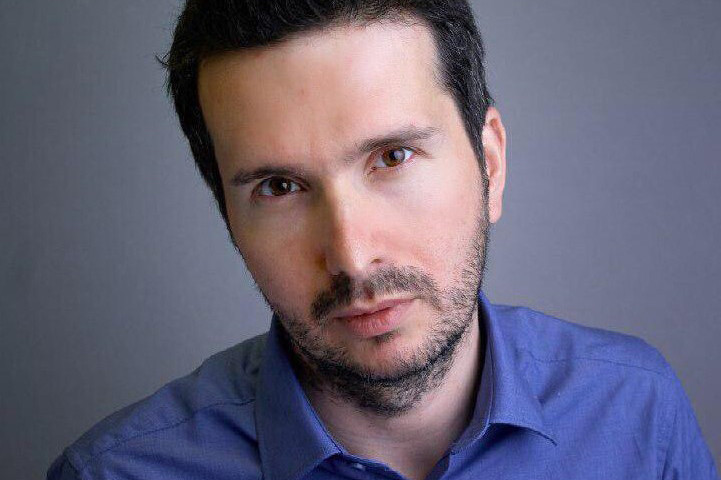What are the qualities needed to launch a start-up?
Vlad Centea.- “People launch start-ups for a variety of reasons. Behind each start-up there is a motivation specific to that person.
Founders of start-ups have a higher risk appetite than the rest of the population. I don’t know if that’s necessarily a quality. It’s more of a trait and it’s a two-way street, because statistics show most start-ups fail. To make a successful start-up and get to the ‘product market fit’ you need some qualities and a truckload of luck.
We often hear that it is essential to make mistakes. What do you think of that?
“I don’t think it’s essential to make mistakes. It’s unavoidable. And it’s not a good thing because we live in a capitalist world and every mistake costs you something. It generally costs you time, money, energy, trust, self-confidence. All you can do is try to mitigate these costs. When people try to mitigate the self-confidence and the trust aspect of it, they just toss around the idea that mistakes are good. They’re only good if you optimize them, build on them, learn something that you absolutely couldn’t have learned without wasting resources.
Pivoting works fine during the first phase of your project, and it’s expected to happen in research stages.
What’s essential is to have enough of those resources to offset the mistakes. The most fickle of them is trust. It’s hard to find unlimited resources of trust from your partners, investors, employees. It’s terrible when you have to cope with rejection on multiple levels due to your mistakes, or when you didn’t even do anything wrong. Sometimes you just drag self-confidence into this issue and start over.
One other thing. In the start-up world, we call our mistakes ‘pivoting’. It’s one way of saying we tested, there was a flaw in the initial plan and we patched it swiftly. Pivoting works fine during the first phase of your project, and it’s expected to happen in research stages. Later on, you don’t do that as much because you are supposed to know where you’re going and what your route is.”
You can register for the Start-up Stories: Round 3 on the website of the .
Discover innovation at Bil
Discover the innovators of the Lhoft

